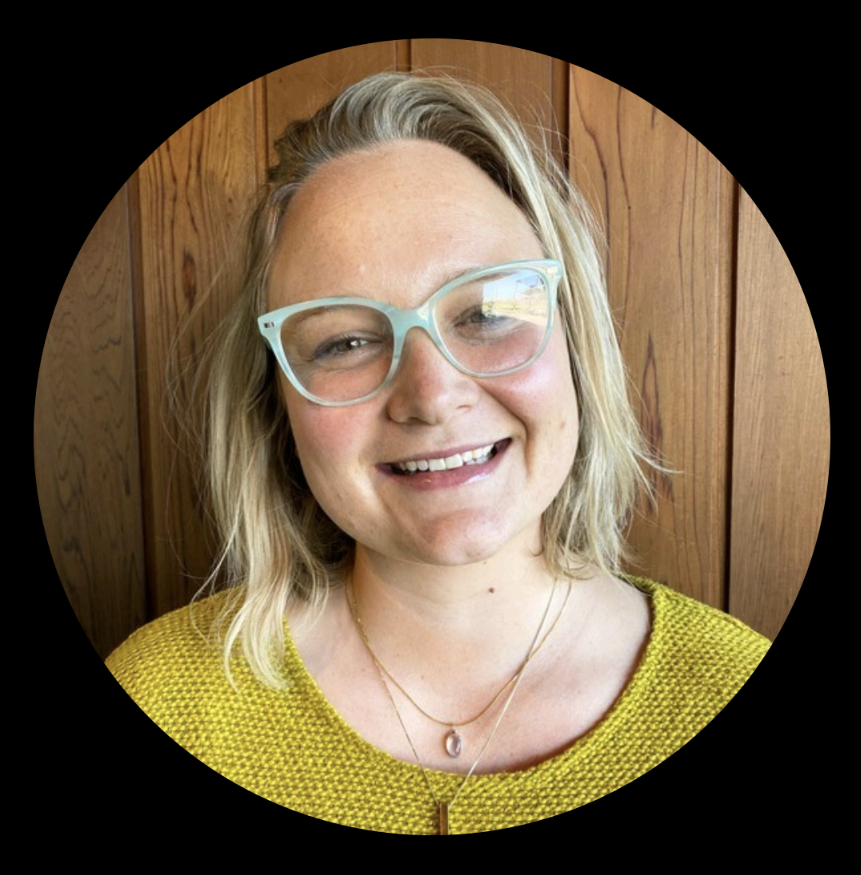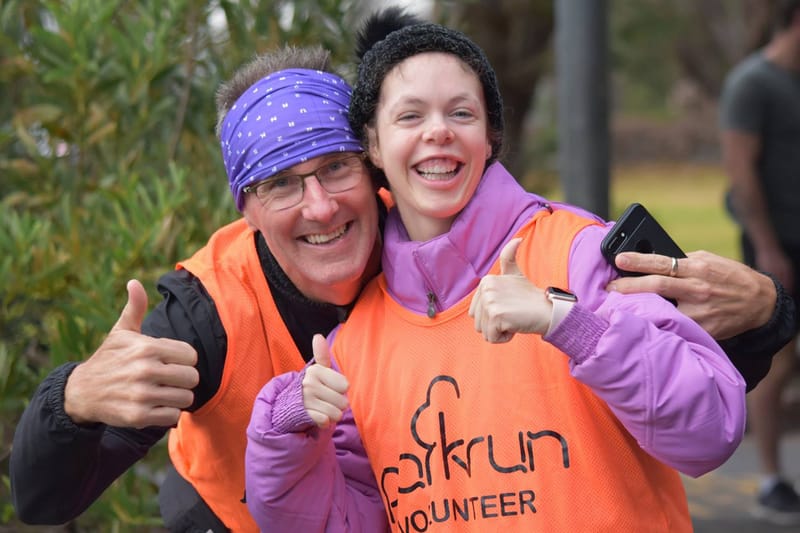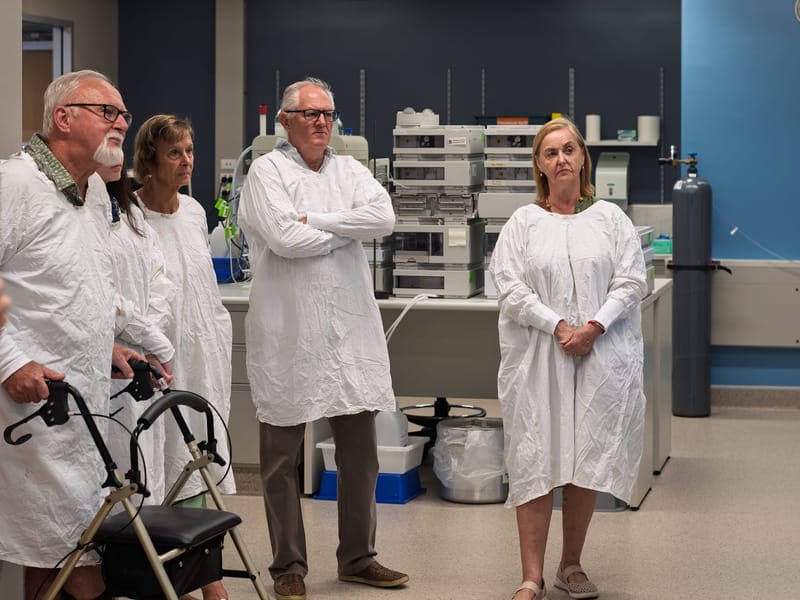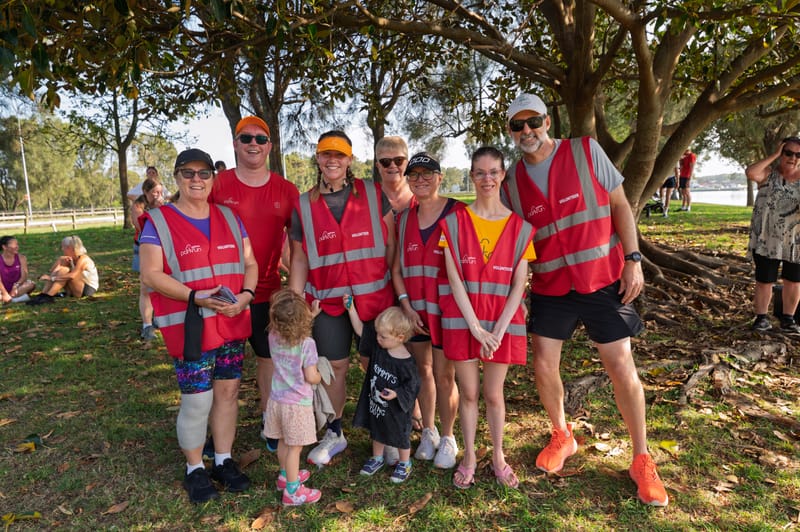Local GP shares tips for managing anxiety
Dr Sally Mon of Parkes Street General Practice in Helensburgh shares her expert advice on managing anxiety. What is anxiety, and how does it differ from an anxiety disorder? Dr. Sally Mon explains, "Anxiety is a medical condition characterised by...
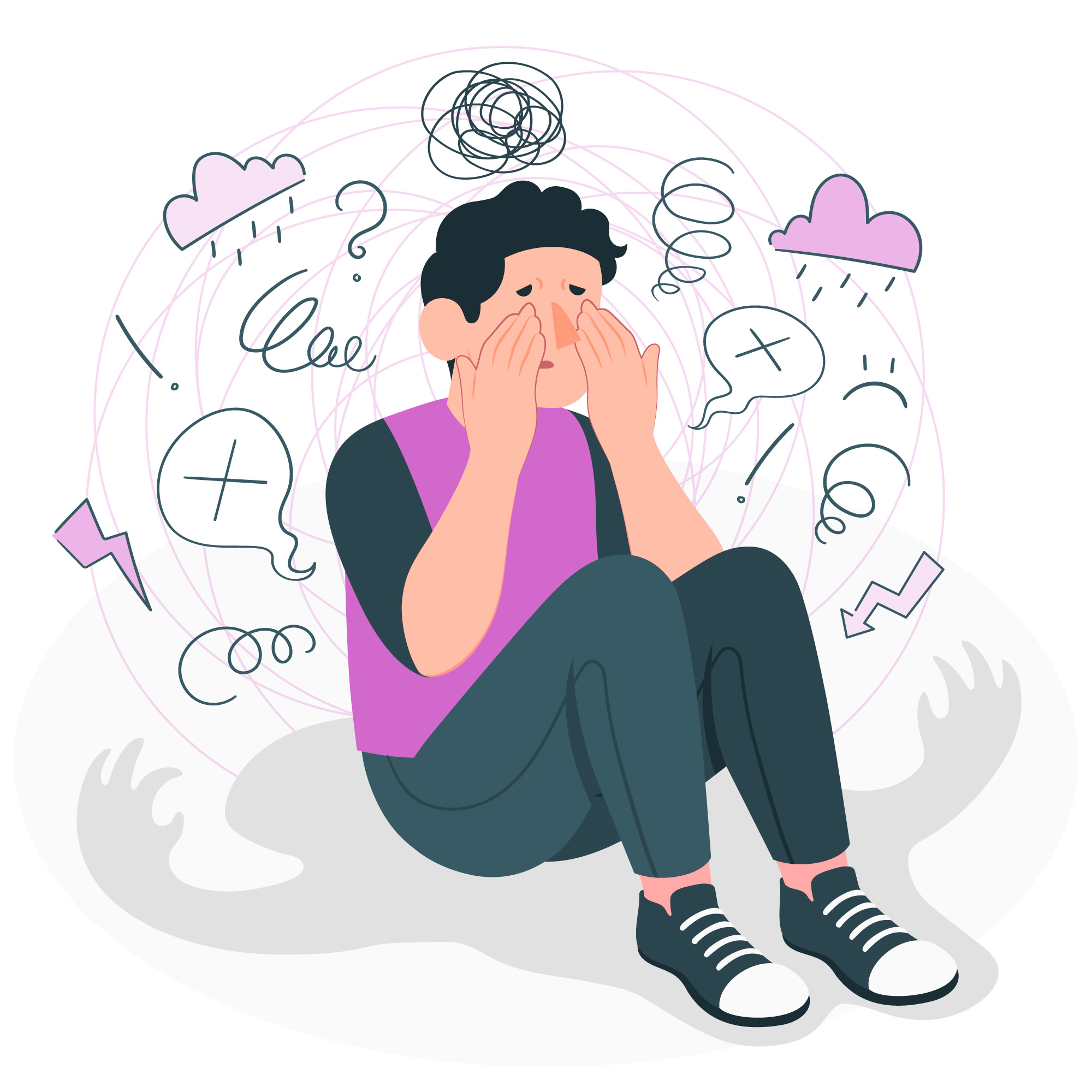
Dr Sally Mon of Parkes Street General Practice in Helensburgh answers our questions about managing anxiety.
What is anxiety, and how does it differ from an anxiety disorder?
Dr Sally Mon explains that anxiety is a medical condition characterised by persistent and excessive worry. "It becomes an anxiety disorder when the worry is irrational and interferes with one's lifestyle. It is an uncomfortable inner feeling of fear or imminent disaster."
She goes on to clarify that while most of us experience temporary anxiety in our lives, some individuals are constantly anxious to an abnormal extent, which can significantly interfere with their daily lives.
What are the symptoms of anxiety?
"The symptoms of anxiety can vary widely," says Dr Mon.
Symptoms may include: tiredness or fatigue, dry mouth, difficulty swallowing, nausea, apprehension, sleep disturbances and nightmares, irritability, muscle tension, headaches, jaw or neck pain, rapid heart rate, breathing difficulty or choking, sweating, trembling, diarrhoea, flare-up of existing illnesses, avoidance behaviour and dizziness.
When should someone seek professional help for anxiety?
Dr Mon recommends seeking professional help if anxiety affects your life in a range of ways, from affecting your ability to concentrate to causing you to have suicidal thoughts. Symptoms that indicate you should seek help include if your anxiety interferes with personal or professional relationships, creates persistent sleep issues, stops you from enjoying activities you used to love, fosters a sense of self-loathing or worthlessness or isolates you from others.
Additionally, she explains, anxiety disorders can impact physical health, leading to issues such as digestive problems, headaches or chronic pain. If anxiety starts affecting physical health, seeking help becomes even more important.
What are the treatment options for anxiety?
Dr Mon says this depends on the type of anxiety. Counselling, medication and self-help and alternative therapies may help, and a combination of treatments may be used. Your GP can advise on your individual case.
Dr Mon refers to resources at the Black Dog Institute, which states: "There are three broad categories of treatment for anxiety: psychological treatments (talking therapies), physical treatments (medications), and self-help and alternative therapies."
When are medications prescribed for anxiety, and what are they?
If your anxiety is moderate or severe, or you don't find relief with psychological therapy, your doctor might prescribe medications. These medications, sometimes known as 'anti-anxiety medications,' include selective serotonin reuptake inhibitors (SSRIs) and serotonin noradrenaline reuptake inhibitors (SNRIs). These medicines increase the level of certain chemicals in your brain that can affect your mood.
More information is available via Health Direct.
Can anxiety disorders be treated without medication?
Dr Mon emphasises that anxiety disorders can indeed be treated without medication. Self-help techniques, lifestyle modifications and counselling can play a significant role in managing anxiety, she says.
Avoiding drugs if possible and modifying or removing stressors from your lifestyle, seeking a balance of activities, practising relaxation techniques like yoga and meditation, and arranging counselling with behaviour or cognitive therapy are effective ways to cope with anxiety. Other techniques, such as mindfulness training and hypnotherapy, can also be beneficial.
When does anxiety become a concern that requires professional attention?
Dr Mon explains, "Feeling anxious before job interviews, driving tests, or important events is normal. However, when anxiety becomes overwhelming, disruptive in everyday life, and starts occurring regularly, it may be indicative of an anxiety disorder.
"Seeking professional help is essential in such cases."
What are some common misconceptions about anxiety and its management?
Dr Mon addresses some common misconceptions:
- Myth 1: Anxiety is just worrying too much. Reality: Anxiety goes beyond ordinary worrying and can severely impact one's life.
- Myth 2: Less stress will cure anxiety. Reality: While reducing stress can help manage symptoms, it won't completely cure anxiety.
- Myth 3: Anxiety only affects the mind. Reality: Anxiety can affect both physical and mental health.
- Myth 4: Exercise won't help reduce anxiety. Reality: Physical activity can indeed reduce anxiety by increasing self-confidence, promoting relaxation, and improving sleep.
- Myth 5: Medication is the only treatment for anxiety. Reality: While medications can be helpful, other non-medical treatments like counselling and self-help techniques are effective in managing anxiety disorders.
Remember, if anxiety is significantly impacting your life, seeking professional help and exploring appropriate treatment options can lead to a better quality of life and improved well-being.

